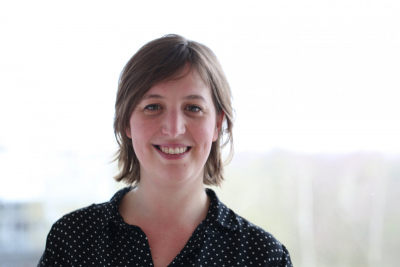- Startseite
- Hannah Marchant
Dr. Hannah Marchant |
|
Gruppe: |
Glykobiochemie |
|
Telefon: |
|
|
E-Mail: |
|
|
Raum: |
MPI Bremen, 3135 |

About
I am a senior scientist affiliated to the Marine Glycobiology group, with a bridging role to the Biogeochemistry group at the Max Planck Institute for Marine Microbiology
Research focus
My research focuses on the microbial ecology and biogeochemistry of coastal sediments, encompassing beaches, intertidal flats and the subtidal sediments of the continental shelves. These environments are disproportionately affected by anthropogenic activities; which are causing coastal erosion, sea-level rise, warming and eutrophication. Therefore, I am particularly passionate about not only deciphering the cycling of carbon and nutrients in these sediments, but linking such transformations to the microorganisms that carry them out. It is only by examining both that we will be able to predict the responses of coastal sediments to continuing climatic pressure.
In particular, I study the sands which make up the vast majority of the continental shelf seafloor. These sediments are permeable, in contrast to the muds which cover much of the deep seafloor. As a result of their permeability, the interaction between sediment topography (in the form of small ripples) and bottom water movement causes advective flow of porewater within sands, supplying and removing electron donors and acceptors at velocities orders of magnitude higher than diffusion. This enhanced porewater supply, combined with apparently highly adapted microbial communities, leads to intense biogeochemical cycling and activity in sandy permeable sediments. As a result they can act as a biocatalytic filter, removing anthropogenic pollutants such as nitrate from the coastal zone and reducing it to inert dinitrogen gas.


